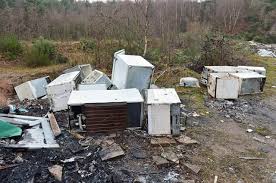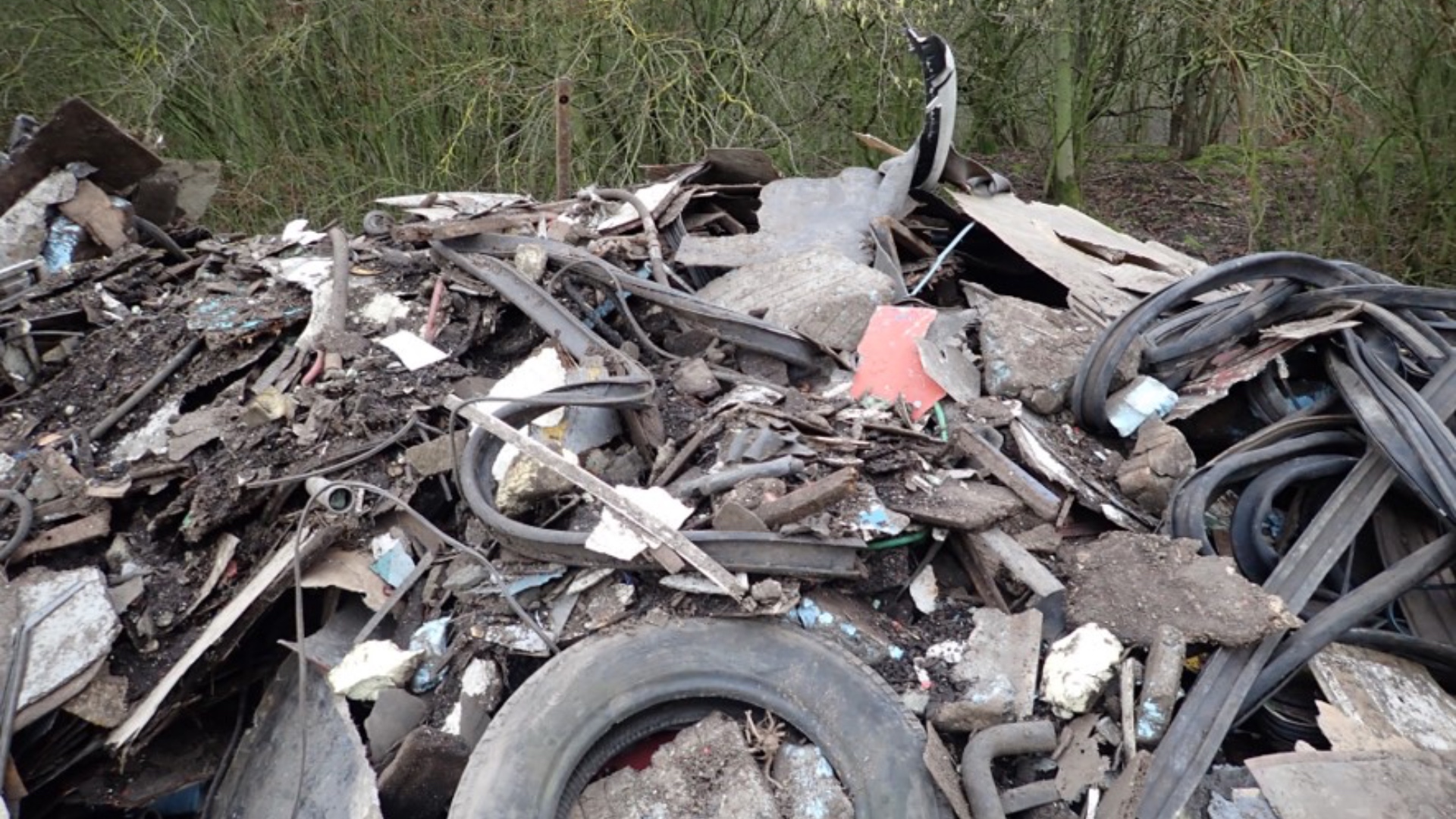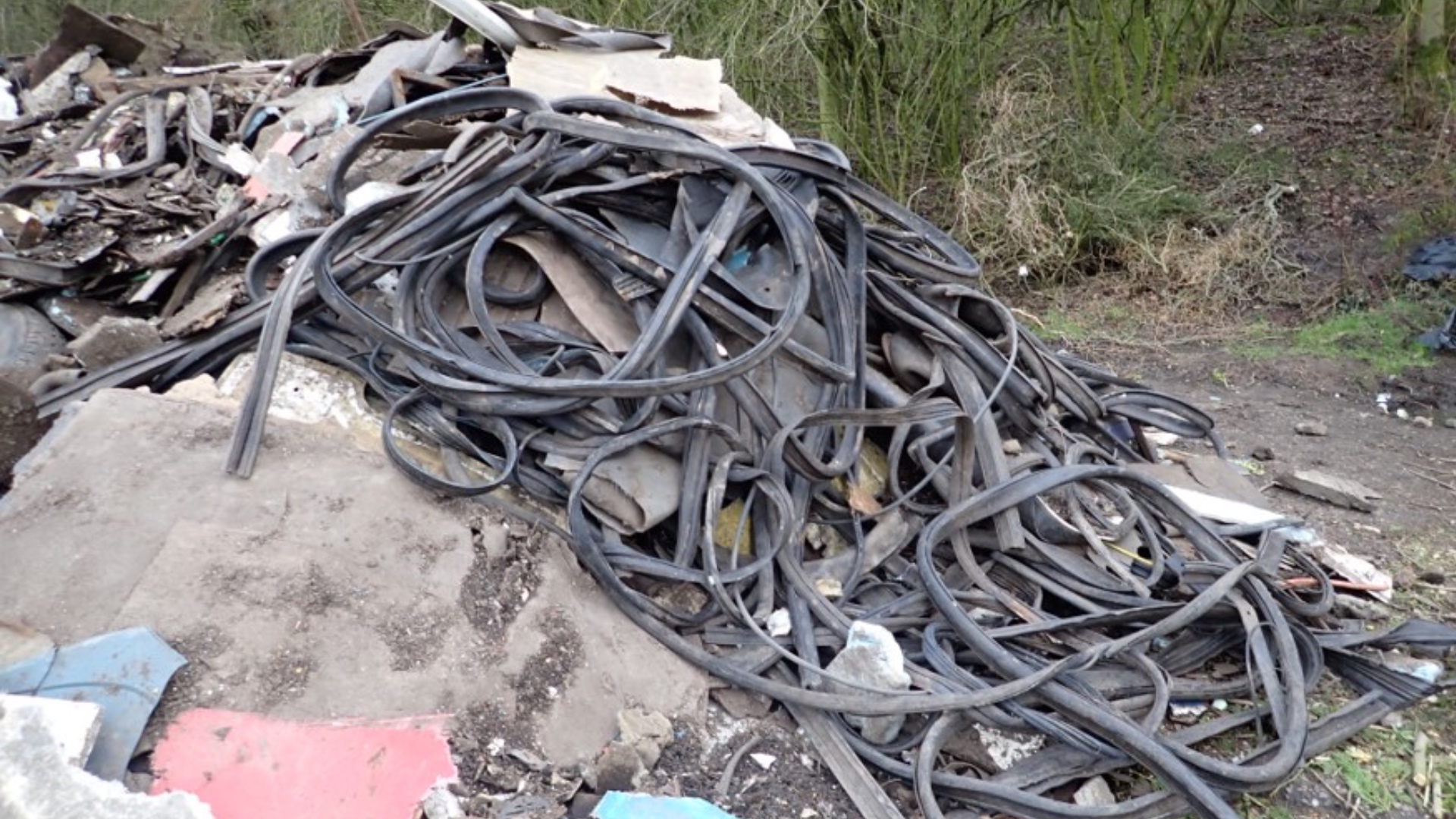Landowner fined after fly-tipping probe-No paperwork leaves risks of fly-tipping
A landowner from Yorkshire has been issued over £5,000 in fines after a fly-tipping investigation near Sleaford, Lincolnshire.
Officers from the Environment Agency served a statutory notice to Carla Hardwick, of Barnsley Road in Brieirley, after reports of fly-tipping at a lay-by on Windmill Hill at the A17 near Sleaford.
This notice required her to hand over paperwork supporting the transfer of waste from her land in Barnsley, with officers attending the site in October 2020 to give Ms Hardwick advice on the required action.

Photo: Environment Agency
She was told of the importance of retaining relevant waste transfer notes for any waste that had been removed, as well as being warned of removing excess waste.

A lack of documentation caused suspicion. Photo: Environment Agency
A return to the site in June 2021 found that the vast majority of the waste had gone, but Ms Hardwick failed to provide any documents in respect of the waste removed between these two Environment Agency visits.
12 months later and she had still not provided a single document, but this didn’t match the waste on site, nor did it provide the required legal information by a transfer note.
It also did not identify the person responsible for removing the waste from the area.
At a court hearing for the incident, it was heard that Ms Hardwick had no system for recording waste movements from the site.
This means vulnerable waste was left at the risk of fly-tipping, and made it impossible for the Environment Agency to trace any movements once it left the site.

Photo: Environment Agency
The court ordered Carla Hardwick to pay a £728 fine, as well as costs of £4,579 and a £72 victim surcharge.
The presiding magistrate said Ms Hardwick acted “recklessly” and had “ample opportunity” to comply with regulations.
After the hearing, Environment Officer Paul Salter said: “Waste crime undermines legitimate business, can cause harm to the environment and to local communities. This case demonstrates the importance of businesses and individuals following the rules when handling waste.
“There was no suggestion that Ms Hardwick had fly-tipped any waste herself but that she had lost control of the waste leaving her site. When waste is illegally disposed of the waste transfer notes enable us to trace the waste.
“Where the rules aren’t followed, we cannot identify offenders, meaning that they get away with it and are likely to commit further offences.”
